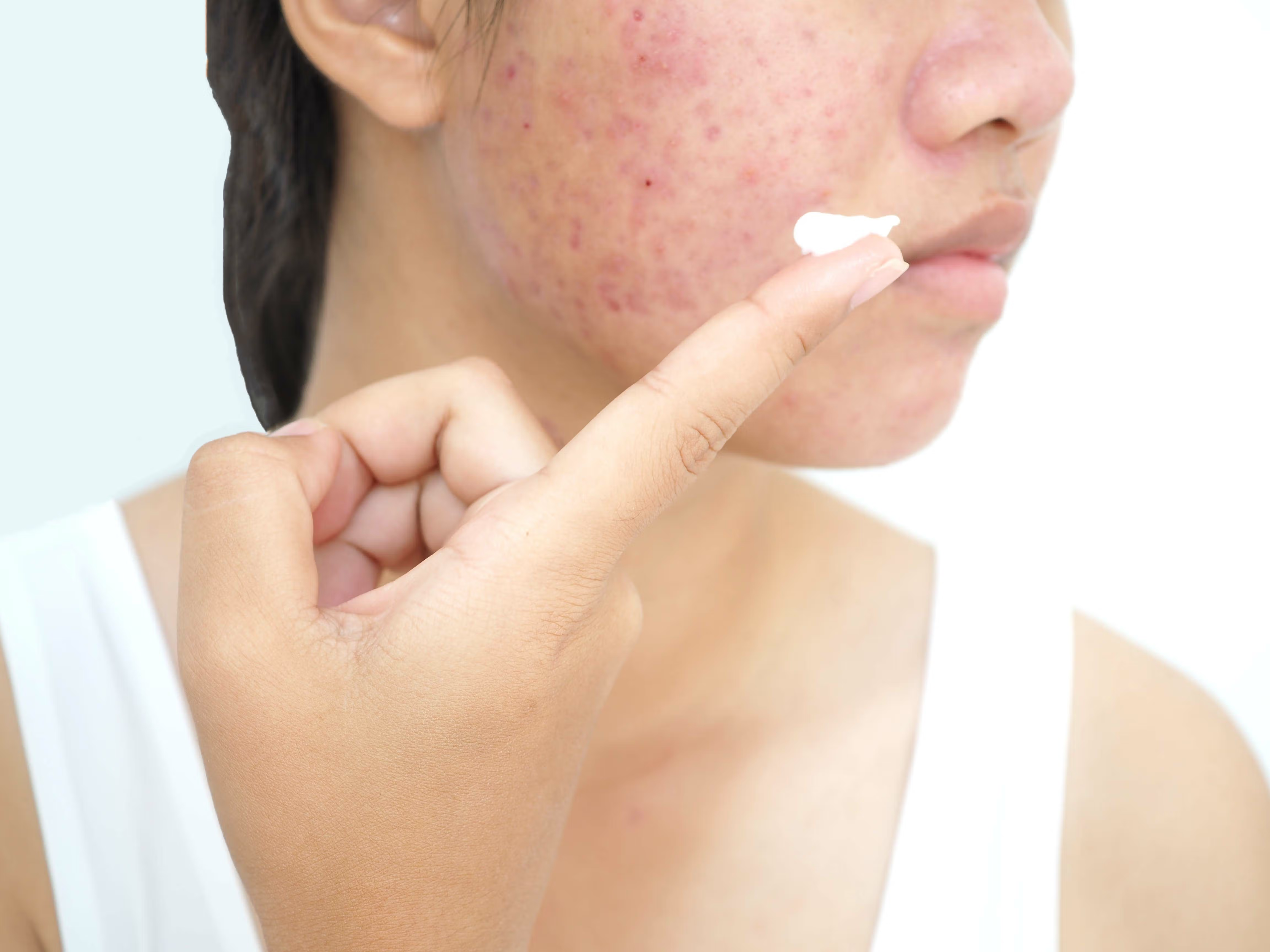- Case-Based Roundtable
- General Dermatology
- Eczema
- Chronic Hand Eczema
- Alopecia
- Aesthetics
- Vitiligo
- COVID-19
- Actinic Keratosis
- Precision Medicine and Biologics
- Rare Disease
- Wound Care
- Rosacea
- Psoriasis
- Psoriatic Arthritis
- Atopic Dermatitis
- Melasma
- NP and PA
- Skin Cancer
- Hidradenitis Suppurativa
- Drug Watch
- Pigmentary Disorders
- Acne
- Pediatric Dermatology
- Practice Management
- Prurigo Nodularis
- Buy-and-Bill
Publication
Article
Dermatology Times
Frontline Forum Part 4: Exploring Expert Perspectives on the Management of Acne Vulgaris
Author(s):
In the final part of this Frontline Forum series, Neal Bhatia, MD; Dawn Eichenfield, MD, PhD; Lawrence Eichenfield, MD; Linda F. Stein Gold, MD; and Guy Webster, MD, PhD, discuss the practical and clinical considerations in the management of acne vulgaris, reviewing available treatment options and how to treat acne scars.
Telemedicine: Challenges and Opportunities
As in other areas of medicine, the COVID-19 pandemic has changed practice in dermatology, with many patients preferring telemedicine consults. For patients with severe acne, this is a convenient way for them to check in with their clinicians.
For example, telemedicine can assist in monitoring patients receiving isotretinoin. Lawrence Eichenfeld, MD, told panelists that about 70% of telemedicine visits at his practice are for acne, and approximately 70% of those acne visits are for isotretinoin follow-up.
“We compromise [on] what we can see, but not that much,” Eichenfield said. “Patients will provide images, along with what we see in [the] video.”
His practice has a standardized approach to monitoring with a symptom survey, and he noted the whole process “actually is pretty efficient.”
The challenge revolves around pregnancy testing, the panel noted. Eichenfield said patients originally held up their pregnancy tests during the session, but then they started sending in pictures. “And the [following] month it would come in as exactly the same picture, with the same background,” he said. “The recommendation came out that you should have patients put the date on [the photo] and/or their names” for images, he added.
Webster pointed out the risk of patients potentially using someone else’s urine with these photos. “I’m not attacking you or telemedicine, but either we take iPLEDGE [REMS (Risk Evaluation and Mitigation Strategy) program] seriously or we lose [isotretinoin],” he said.
Eichenfield agreed. “For most of the patients, it’s not a compromise; we’re really hands on,” he said. For pediatric and teenaged patients, telemedicine can be especially helpful as they balance school and extracurricular schedules.
Concluding Thoughts
In his concluding thoughts, Lawrence Eichenfield noted that going forward, there will be more of a push to use additional topical therapies other than isotretinoin to bring a new treatment option to patients suffering from acne.
Webster also said that findings from phase 3 studies are not a guide for treatment, but a guide for obtaining FDA approval. Long-term data, beyond a study’s time horizon, are important because acne can be a decades-long condition in some patients. In the meantime, the panel agreed, being aggressive in treating early signs of acne is the best way to minimize sequelae and avoid the risk of ongoing treatment and future scarring.
When asked to share concluding pearls, Stein Gold said, “I would say, try to be as aggressive as possible. Get those patients under control, that way you potentially minimize the sequelae.”
Disclosure
This Frontline Forum is supported by Sun Pharmaceutical Industries Ltd.







